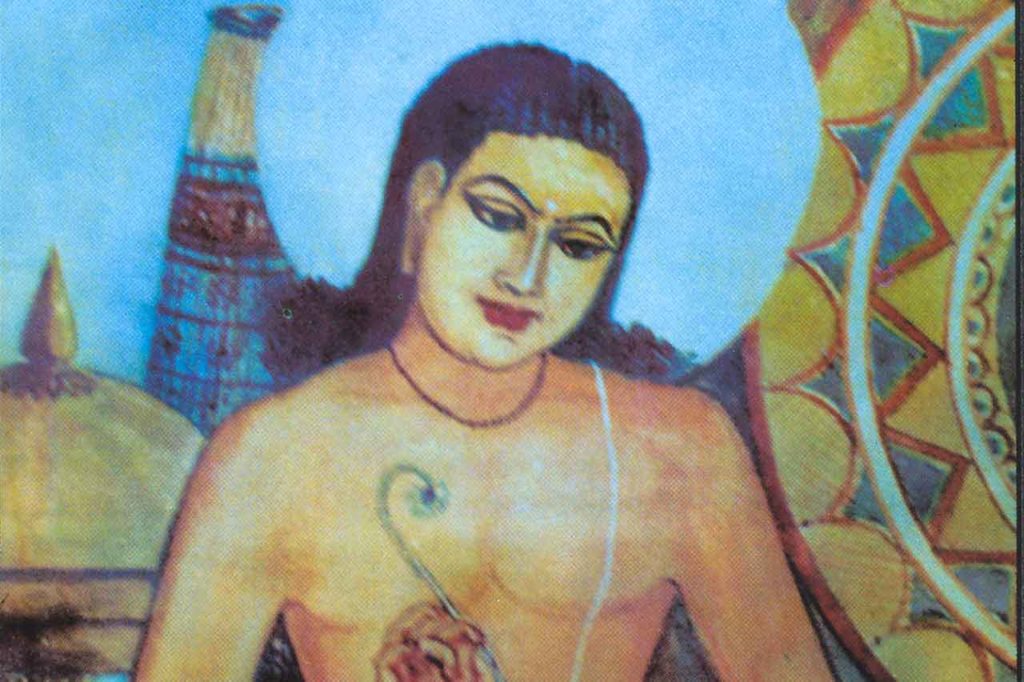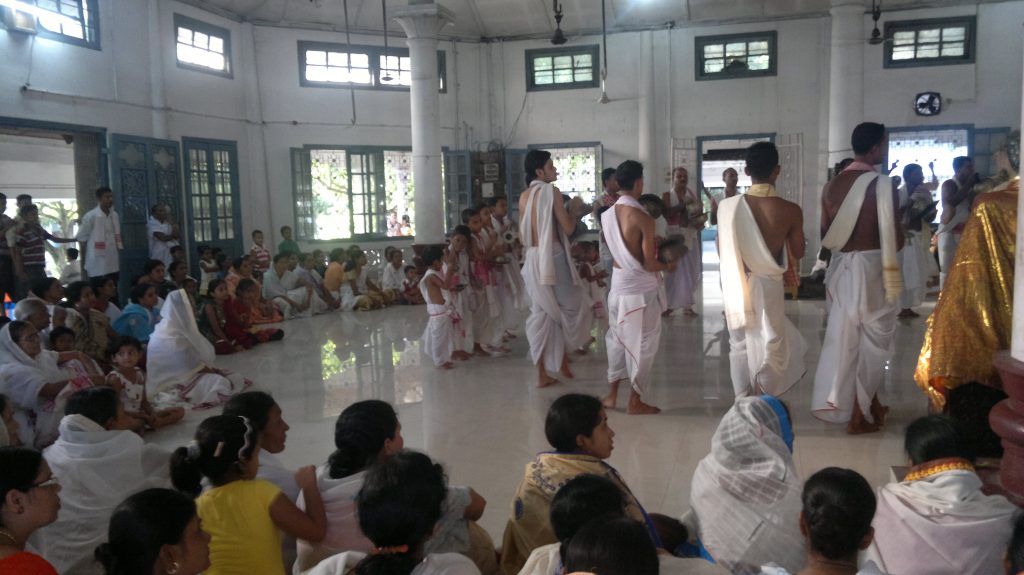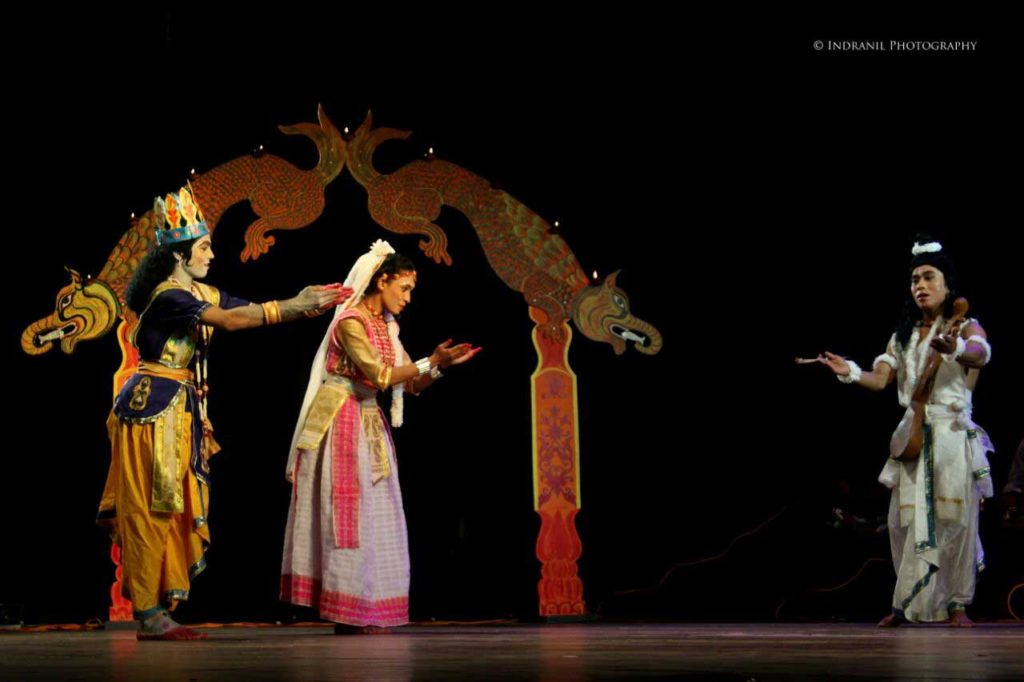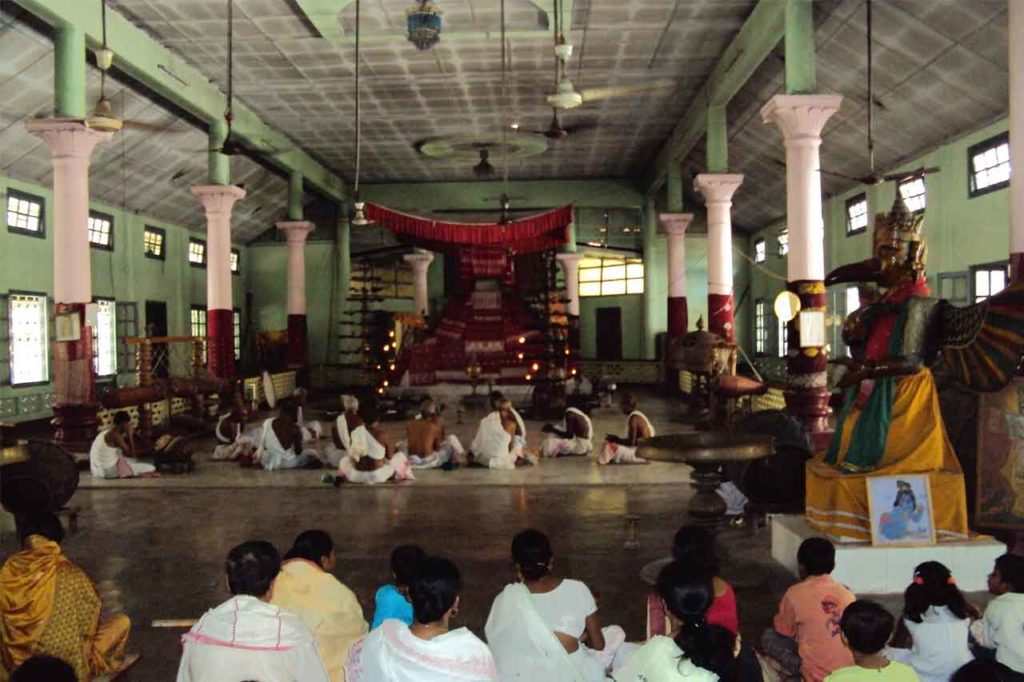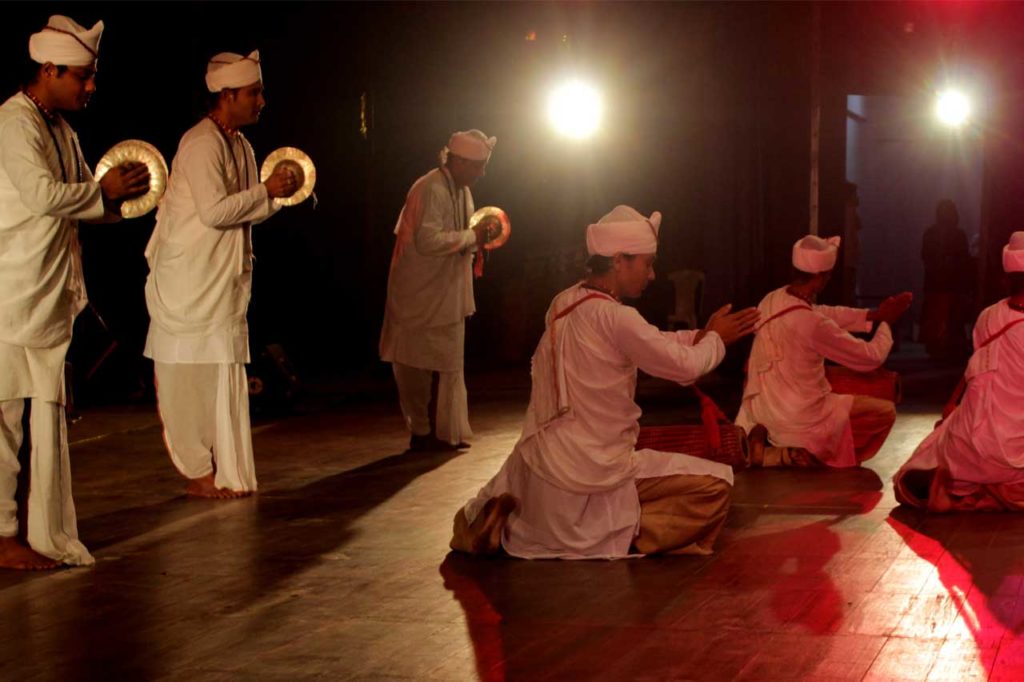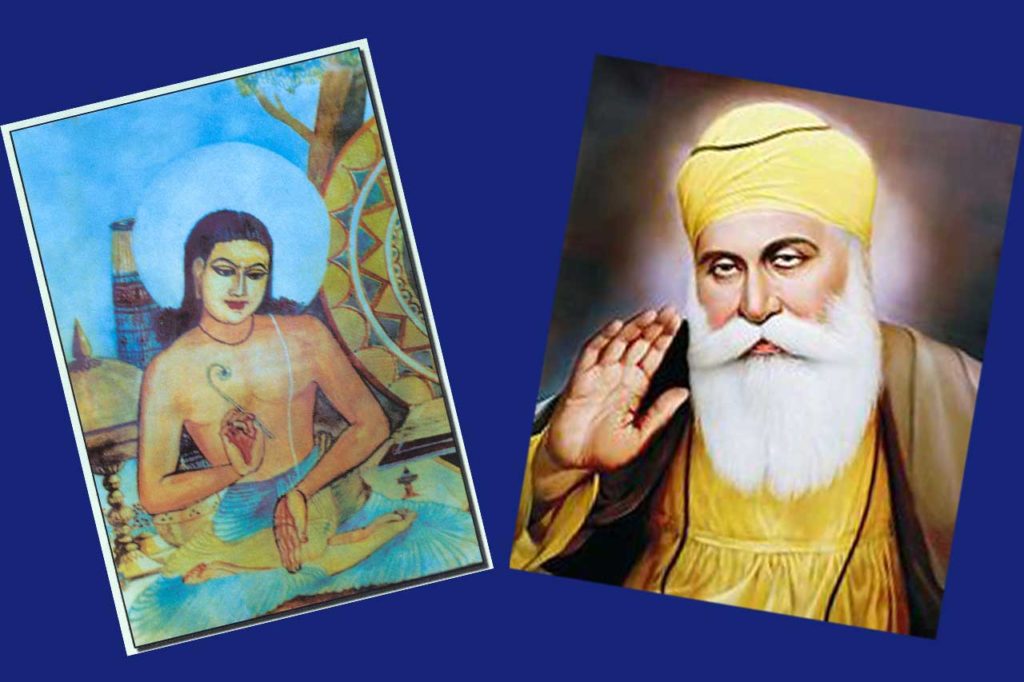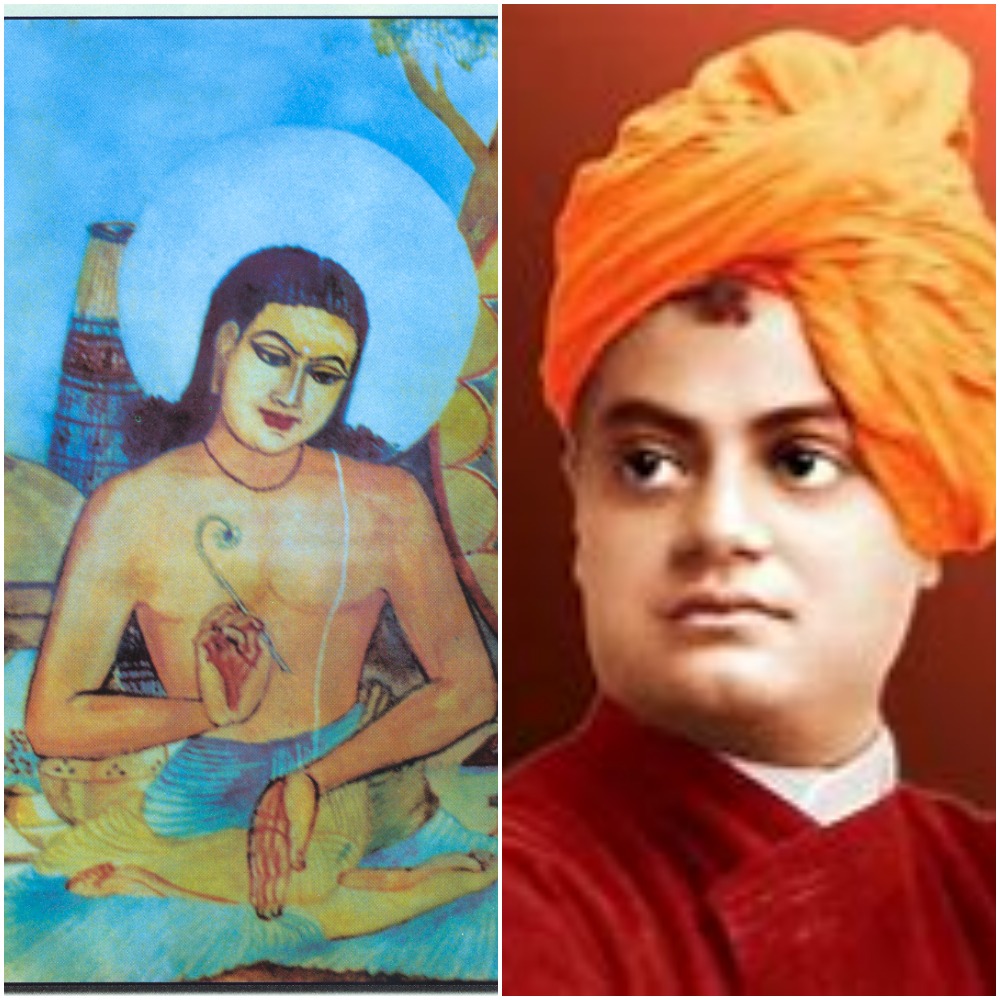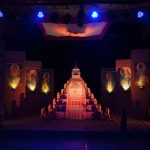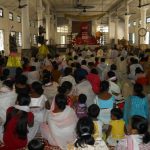Life of Srimanta Sankaradeva : chronology of events
Researched and Prepared by Dr Sanjib Kumar Borkakoti 1320—Chandibar, forefather of Srimanta Sankaradeva migrated from Kannauj 1419-20—Kusumbar Bhuyan, father of Sankaradeva married Satyasandhya 1449—Sankara was born at Alipukhuri 1450—Sankara’s grandfather Suryabar died 1451— Sankara’s brother Banganya was born 1454— Sankara given Uttari 1457—Kusumbar Bhuyan died 1461— Sankara’s education started under Mahendra Kandali 1465— Sankara completed …
Life of Srimanta Sankaradeva : chronology of events Read More »
